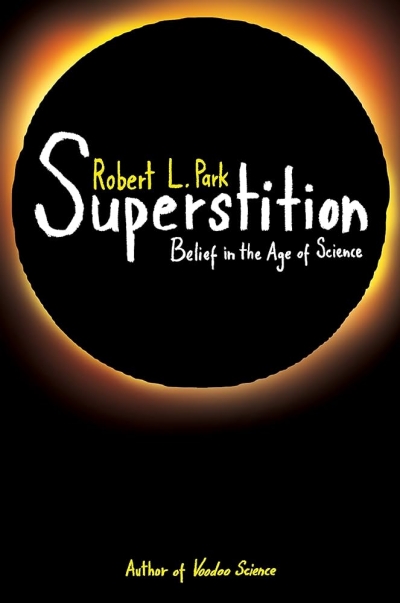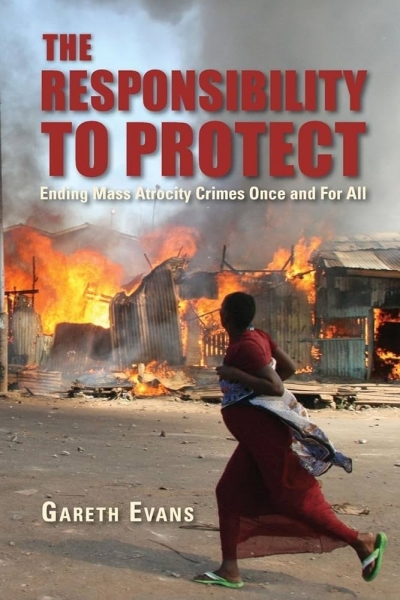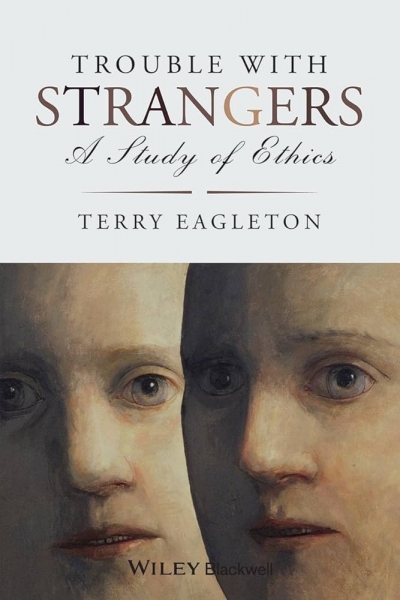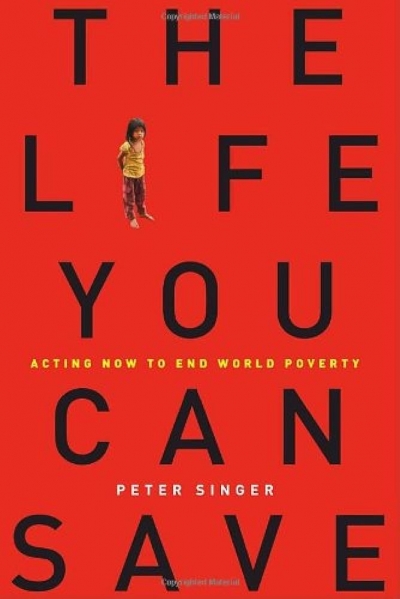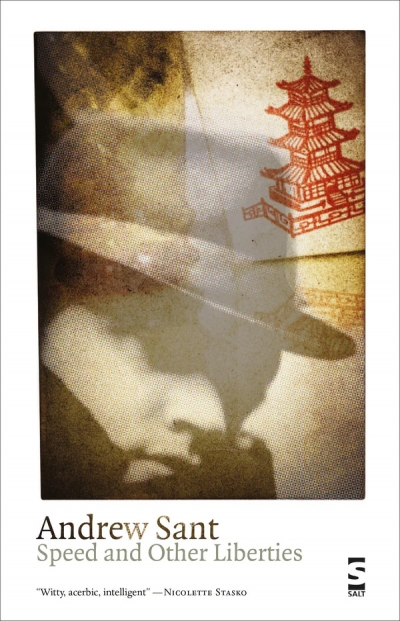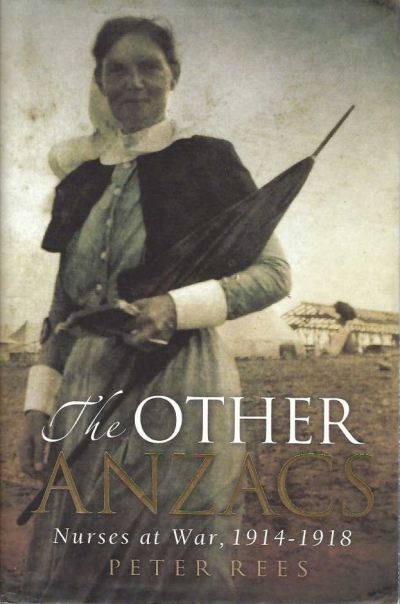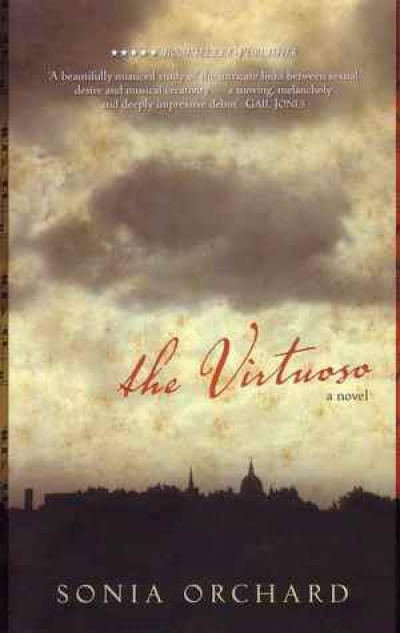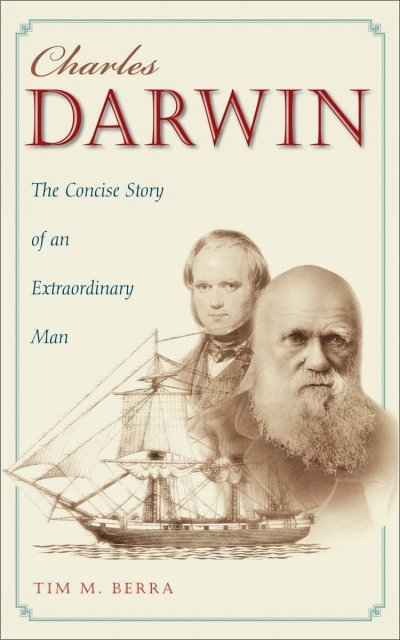Accessibility Tools
- Content scaling 100%
- Font size 100%
- Line height 100%
- Letter spacing 100%
Archive
The ABR Podcast
Released every Thursday, the ABR podcast features our finest reviews, poetry, fiction, interviews, and commentary.
Subscribe via iTunes, Stitcher, Google, or Spotify, or search for ‘The ABR Podcast’ on your favourite podcast app.
‘Where is Nancy?’ Paradoxes in the pursuit of freedom
by Marilyn Lake
This week on The ABR Podcast, Marilyn Lake reviews The Art of Power: My story as America’s first woman Speaker of the House by Nancy Pelosi. The Art of Power, explains Lake, tells how Pelosi, ‘a mother of five and a housewife from California’, became the first woman Speaker of the United States House of Representatives. Marilyn Lake is a Professorial Fellow at the University of Melbourne. Listen to Marilyn Lake’s ‘Where is Nancy?’ Paradoxes in the pursuit of freedom’, published in the November issue of ABR.
Recent episodes:
In The Ghost Writer (1979), the first of the nine Philip Roth novels in which Nathan Zuckerman plays a major role, the young Zuckerman uses a family squabble over an inheritance as the basis for a short story. His father is appalled. Why would Nathan depict his own family in such an unflattering light, perpetuate negative Jewish stereotypes, and give ammunition to anti-Semites? ‘You are not somebody who writes this kind of story and then pretends it’s the truth,’ his father despairs. ‘But I did write it,’ Nathan replies. ‘I am the kind of person who writes this kind of story.’
... (read more)Traditionally, there has been an almost physical force, like a law of gravitation, making Australian literature’s visibility in the United States an elusive phenomenon. This is not, contrary to received opinion, because Australian literature did not meet world standards. It is hard to conceive of Christopher Brennan, Joseph Furphy, and John Shaw Neilson not meeting ‘world standards’. What does this mean, anyway? It seems to indicate not just that the work is of merit but that it is aware of wider literary and cultural conversations. Brennan and Furphy’s overt intertextualities show their enmeshment with global literary developments. Neilson’s cosmopolitanism, as Helen Hewson has shown, is there, but is admittedly more difficult to discern. Yet Neilson’s poetry makes demands that show that pure poetry can be as indicative of sophistication as heavily allusive verse, as in ‘Song Be Delicate’:
... (read more)

